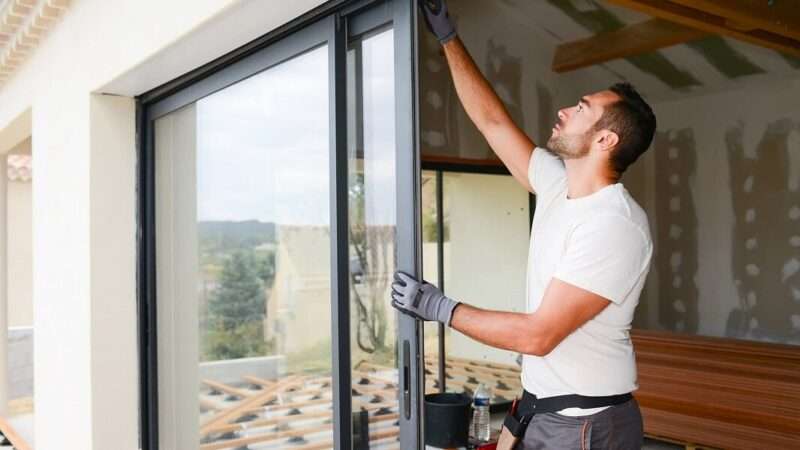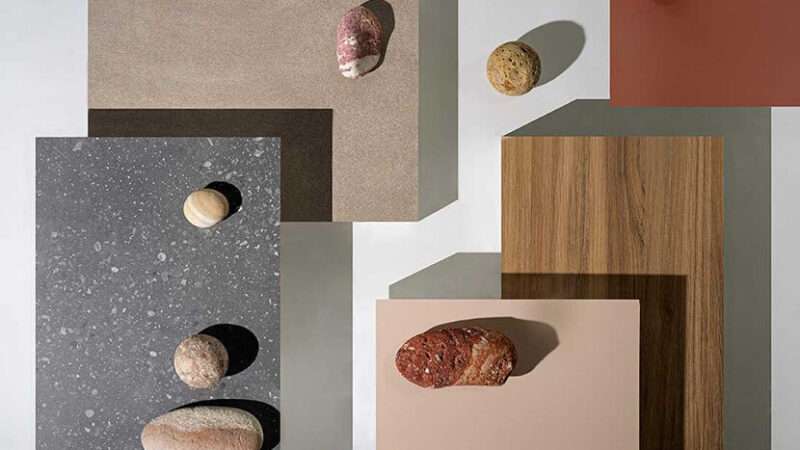Modern Window Treatments to Use as an Alternative to Blinds
By the late 18th century, Venetian blinds had already become popular across Europe and were even making their way to the United States. Despite their age, blinds have endured over the centuries, though modern versions often replace the wide wooden slats that characterize true Venetian blinds with slimmer plastic or composite materials.
With the rise of Modernist architecture in the post-war era, blinds became almost synonymous with modern decor. Their affordability made them easy options for windows that were larger than those found in more traditional styles of architecture, and their streamlined look felt especially sleek in modern spaces. While blinds are still popular, today there are plenty of alternatives to blinds that work well in modern spaces. Get code for best offers.
Roller shades
Custom roller shades create a sleek and simple look that pairs perfectly with modern design. They’re also incredibly practical for larger windows that require a minimalistic treatment. Most designers opt for roller shades in rooms where the window itself, or the view through it, is the star. Roller shades basically disappear when they’re rolled up, hiding behind valances or headrails that come in a wide variety of finishes to complement your home or office. They also offer varying degrees of light control, from sheer to blackout, making them a versatile option for any room and lighting scenario.
Cellular shades
Custom cellular shades offer a similar overall look as roller shades, but add a bit of texture to a room and offer other distinct advantages. Due to their unique honeycomb weave, cellular shades give windows superior insulation, which can drastically improve energy efficiency. They also can be configured with innovative lift systems, including top-down/bottom-up lifts for spaces such as bathrooms where you may want the top portion of the window to be exposed for increased lighting but want the bottom portion of the window to be shaded for privacy. Easily motorized and featuring silent operation, cellular shades also bring a touch of high-tech to modern rooms.
Roman shades
For modern spaces where a touch of luxury or warmth is desired, custom Roman shades are a popular alternative to blinds. Though they have a reputation for being used in more traditional settings, simple, monochromatic Roman shades can add a subtle touch of elegance to even the most minimal spaces without feeling out of place. It’s best to stick with a neutral palette and definitely steer clear of patterns if you’re trying to achieve a modern look, but beyond those two rules, there’s a wide range of options for modern-looking Roman shades. One more caveat, however, is that precision is key. The slightest measurement error or installation mistake can easily make Roman shades appear ill-fitting or crooked. That’s why it’s essential to work with a professional who can custom-design and install shades that will be the perfect fit.
Transitional shades
Transitional shades are a great way to create a bold statement without ruining the sleek lines and minimalist decor of a modern space. If you’re unfamiliar with them, essentially they’re a type of roller shade that features both a front and back layer of fabric that alternates between opaque and sheer stripes. Due to their unique design, they can be adjusted to be partially open, closed, or fully open. Thanks to their bold horizontal stripes, they work well for larger windows and can help create a sense of depth in a room.
When looking at alternatives to blinds, it helps to work with a design professional to help narrow down your options and find a style that suits your modern decor. We offer free virtual consultations through our nationwide network of qualified designers who can offer recommendations based on your style and needs. Book a free design consultation with one of our designers to get started today!






